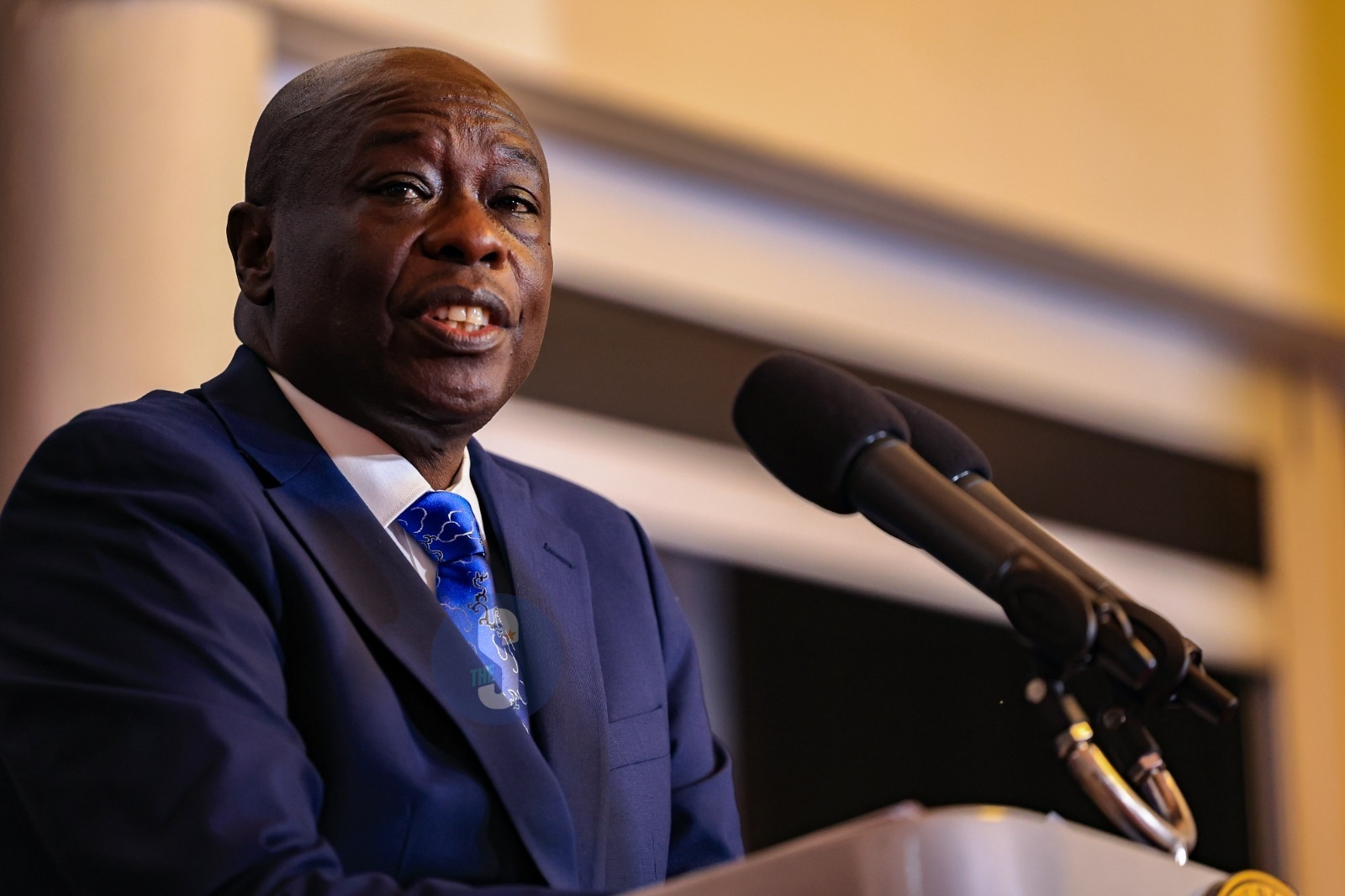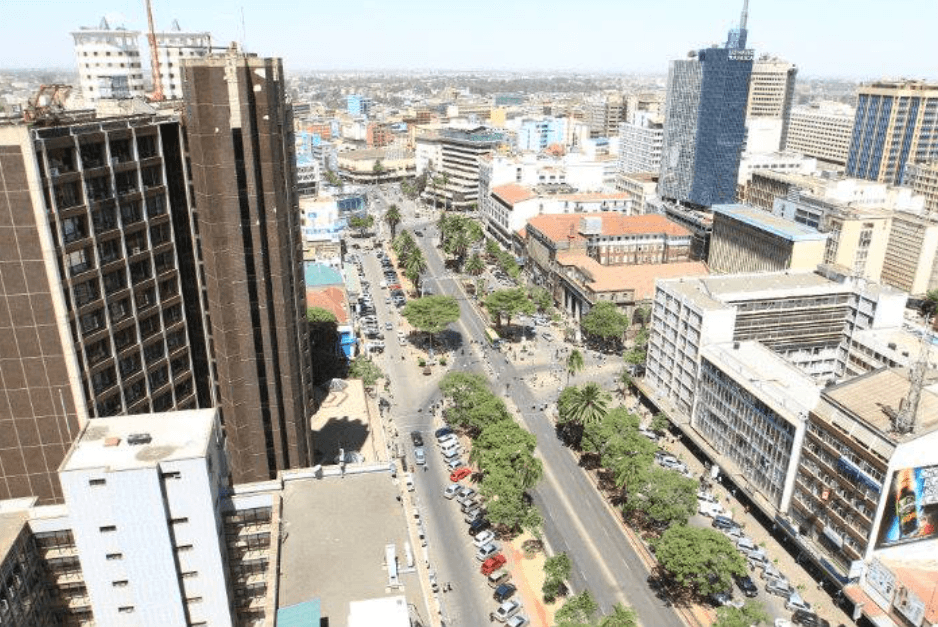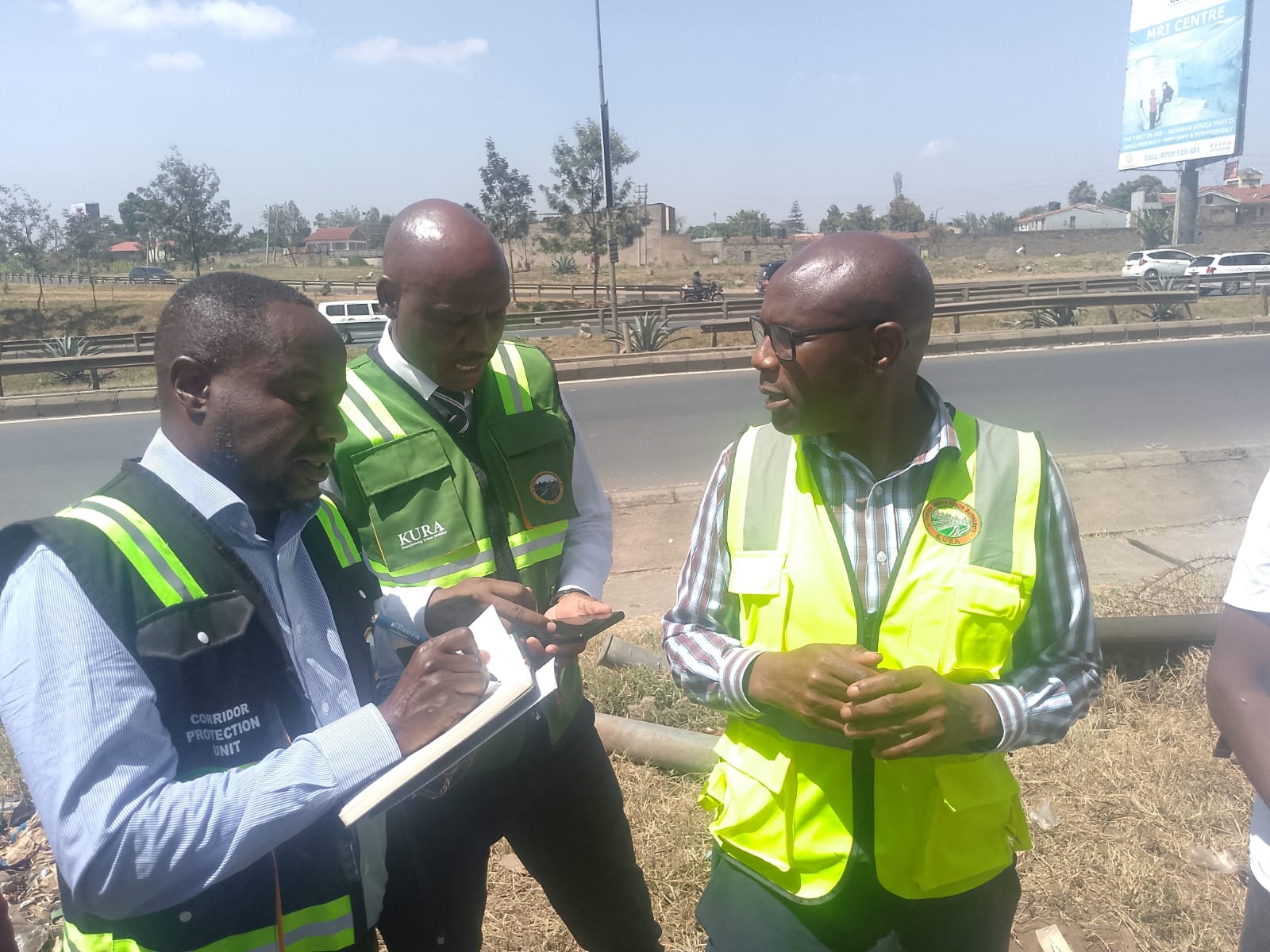President William Ruto will join world leaders to champion a legally binding international treaty on plastic pollution in New York.
Ruto is at the United Nations headquarters for the 79th session of the UN General Assembly.
The heads of state and government are gathered this week as part of global efforts to accelerate progress towards the 17 Sustainable Development Goals from September 23 to 27.
Ruto will be the keynote speaker during the Wednesday high-level side event organised by the government and the United Nations Environment Programme.
“This event, organised by the Government of Kenya and Unep, aims to mobilise political momentum and global partnerships in the fight against plastic pollution, focusing on the development of an international legally binding instrument on plastic pollution by the end of 2024,” Unep said in a statement.
A source aware of the plastic side event said it will also highlight challenges, best practices and opportunities for tackling plastic pollution including through streamlined global environmental governance.
"It will also encourage multi-stakeholder global environmental governance architecture."
The high-level event, titled "Galvanising momentum for the global plastic pollution instrument", focuses on the development of an legally binding international agreement on plastic pollution by the end of the year.
Rwandan President Paul Kagame, Norwegian Prime Minister Jona Gahr Støre, and Unep executive director Inger Andersen are lined up to address the side event.
In a historic milestone at UNEA-5 in 2022 in Nairobi, UN member states endorsed a resolution to end plastic pollution by forging an legally binding international agreement by 2024.
The instrument will address the full lifecycle of plastic, including its production, design and disposal.
Kenya has been lobbying to ensure that it hosts the plastic secretariat, once the binding agreement is in place later in the year.
This is not the first time Kenya is pushing to have a secretariat based in Nairobi.
In February, President Ruto urged the global community to support Africa’s position to have a plastic pollution treaty secretariat in the capital city.
Ruto spoke when he addressed the high-level segment of the sixth session of the United Nations Environment Assembly in Gigiri.
In 2017, the Ministry of Environment banned the use of plastic carrier bags through a gazette notice dated February 27.
The ban came into effect in August of that year.
Today, being found in possession of plastic bags attracts a fine of between Sh2 million and Sh4 million, or a jail term of between one and two years, or both.
Before 2017, about 100 million plastic bags were used in Kenyan supermarkets every year, with severe consequences for the environment.
But despite the ban, plastics are still in the market.
Some banned plastics get into the country through porous borders, as some countries are yet to ban them.
It is suspected that they come from Tanzania, Somalia and Uganda.
Authorities have faced challenges in Garissa, Mandera, Moyale, Busia, Taita Taveta, Namanga and other border posts.
On June 5, 2019, Kenya further banned single-use plastics on beaches, national parks, forests and conservation areas.
The ban prohibits visitors from carrying single-use plastic water bottles, disposable cups, plates, cutlery and straws into national parks, forests, beaches and conservation areas.
Other events lined up at the sidelines of the Assembly include the launch of several reports as well as initiatives.
Unep and Unicef, the United States Agency for International Development and public and private partners will launch the Partnership for a Lead-Free Future, which aims to address the problem of lead poisoning in children, particularly in low-and-middle-income countries, where over 90 per cent of global harm from lead occurs.
Unep will also participate in several events on the sidelines of the assembly.















